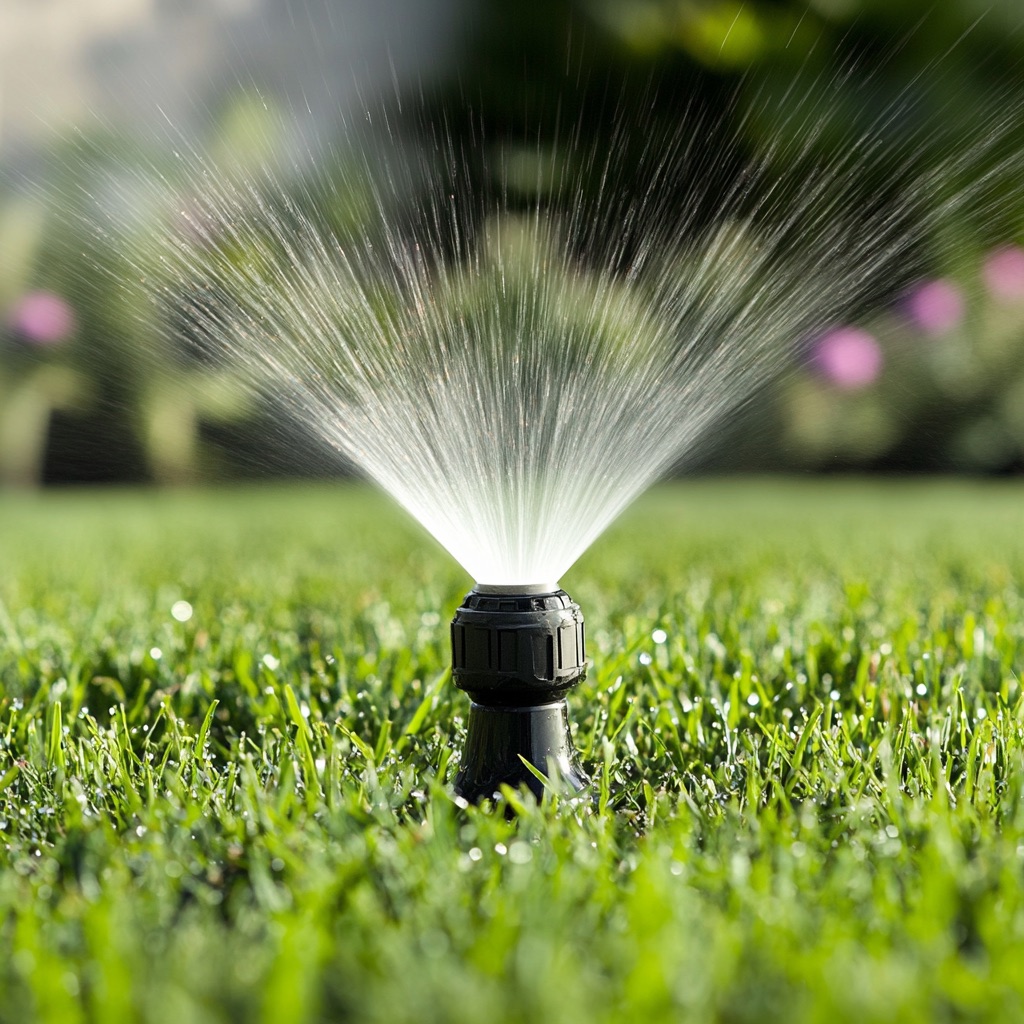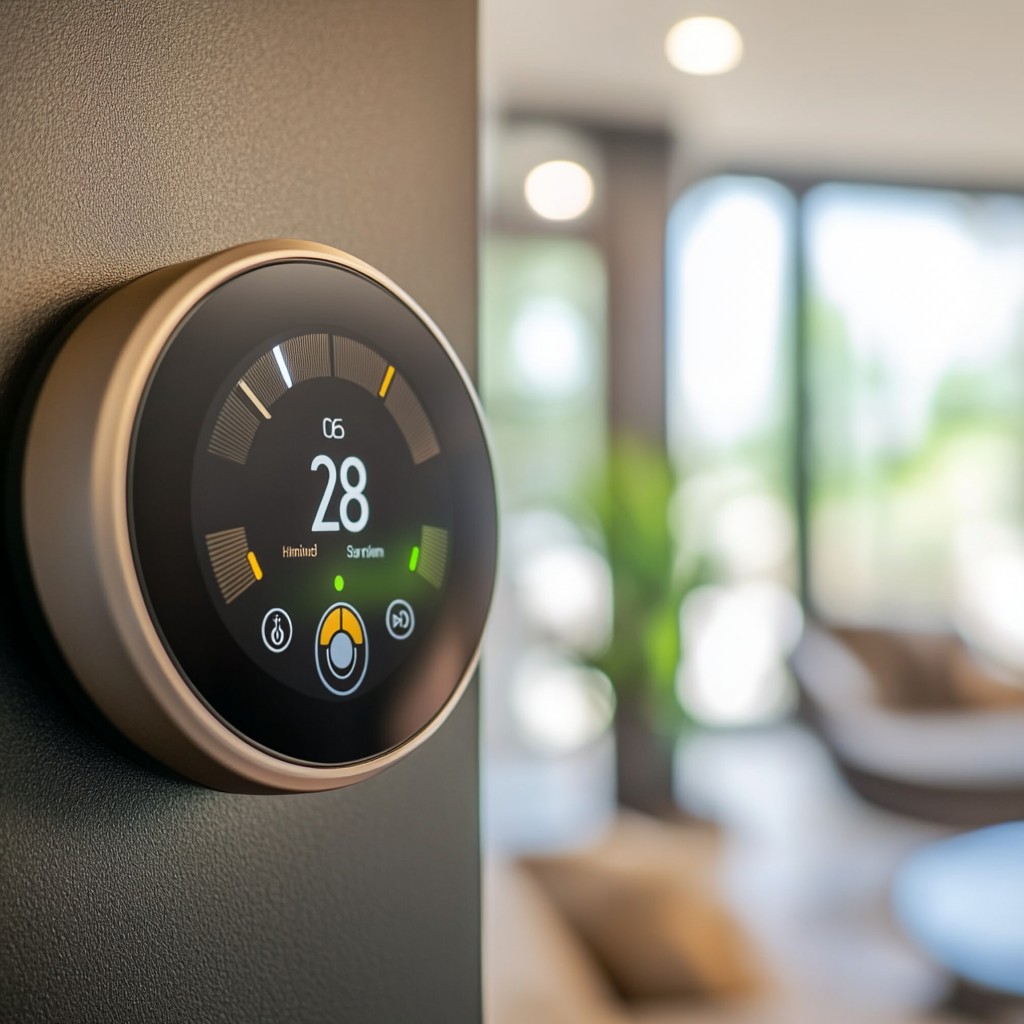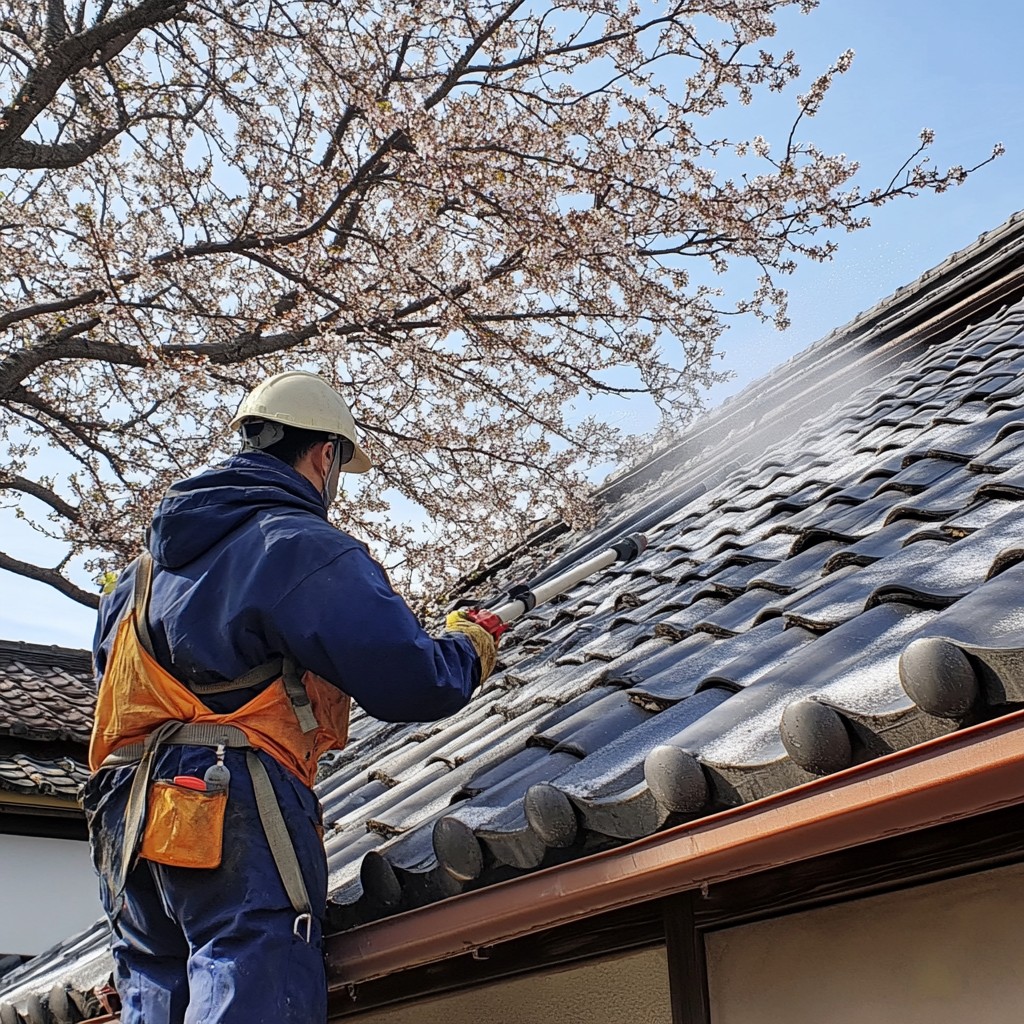Last updated on
Want to make your home more eco-friendly? You’re in the right place! This article is going to explore simple, effective ways to reduce your carbon footprint right at home. It’s all about making intentional choices that benefit both you and our planet. Let’s delve into these eco-friendly tips and transform your living space into a green haven.
Eliminate Pests
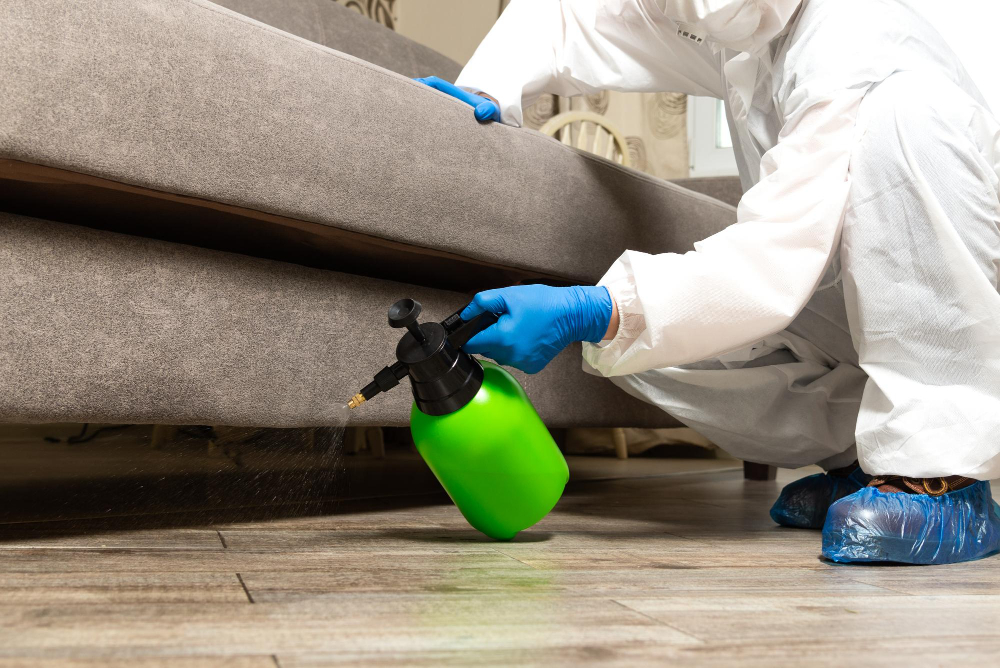
Eco-friendly pest elimination is an excellent way to improve your home while preserving the environment. Instead of using harsh, chemical-laden pesticides, opt for natural, eco-friendly alternatives to protect your home from these uninvited guests.
These methods prioritize the balance of the ecosystem, reducing harm to beneficial insects and wildlife, and mitigating soil and water pollution. Pests can cause significant damage to your home’s structure and potentially lead to health issues due to allergies or disease transmission.
Therefore, controlling them is crucial. By choosing eco-friendly pest control, you effectively maintain a healthy, pest-free home and contribute positively to the environment. Pest control chemicals and aerosol spray must have separate storage to avoid kids from touching them, visit Storemasta to learn more.
This is a win-win situation – a safer home for you, and a healthier planet for us all. Remember, every small step towards sustainability can make a big difference!
Proper Insulation
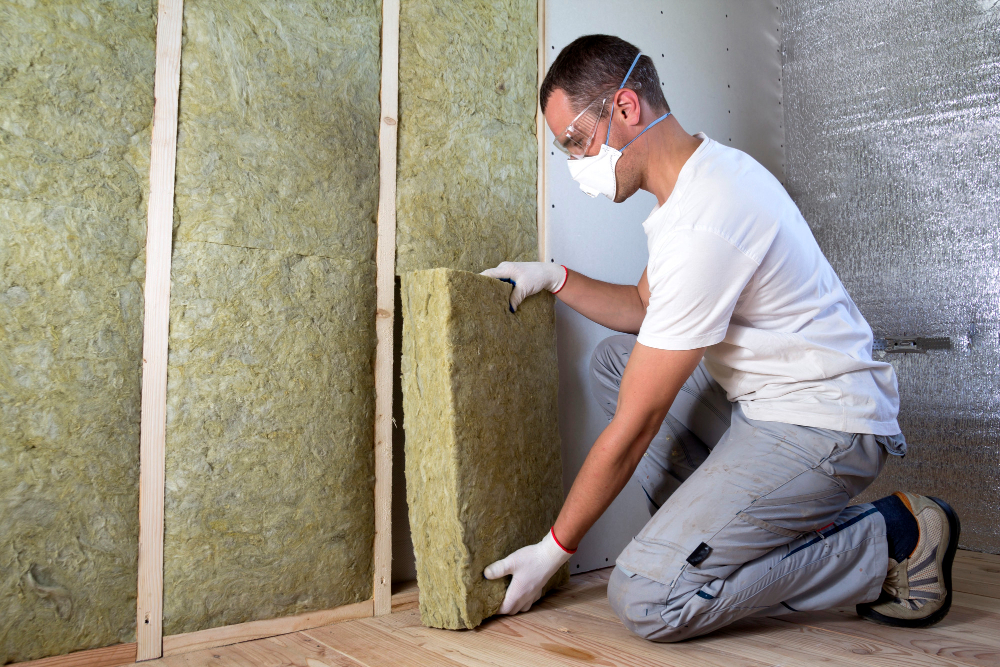
Proper insulation is another excellent way to make your home more eco-friendly. Insulation helps regulate indoor temperature, reducing the need for heat in the winter and air conditioning in the summer. This results in less energy consumption, which not only lowers your utility bills but also decreases your carbon footprint.
Additionally, insulation materials, especially those made from recycled or sustainable sources, can be eco-friendly themselves. Some insulation even helps absorb sound, making your home quieter.
By keeping your home at a comfortable temperature and reducing noise levels, insulation not only makes your home more energy-efficient and eco-friendly but also enhances your overall living comfort. So, if you’re considering eco-friendly home improvements, don’t overlook the significant impact of proper insulation!
Use Energy-efficient Electronics
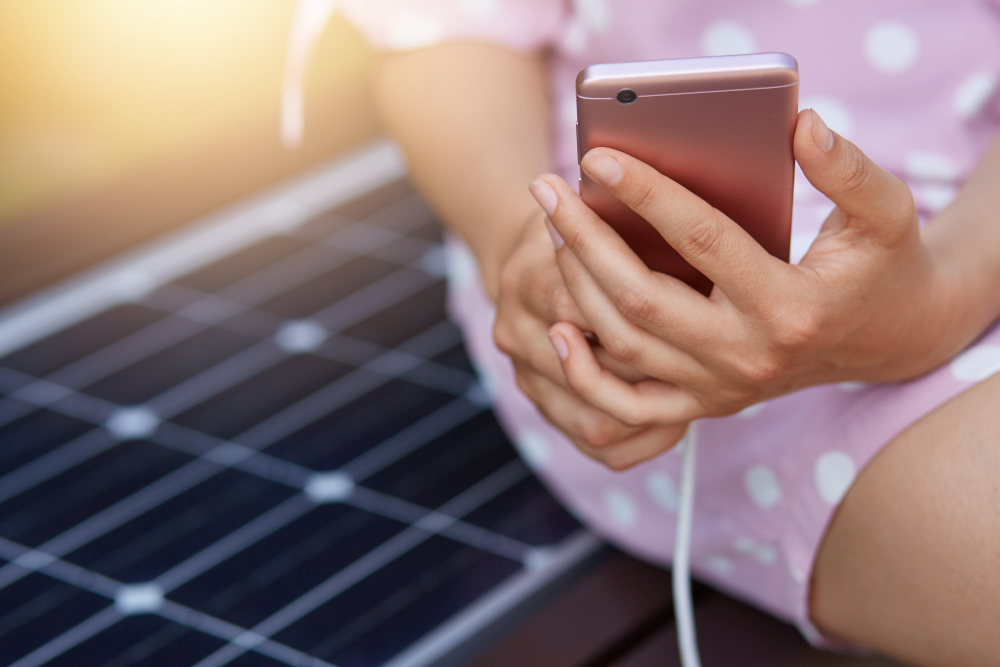
Nowadays, you can find various electronic devices that aren’t as wasteful and harmful to the environment as old installments are. Here are some simple upgrades you can make:
- Energy start-rated appliances
- Smart thermostat
- LED lighting
- Smart power strips
- Energy-efficient computers and laptops
- Solar-powered chargers
- Energy-efficient HVAC systems
- Eco-friendly audio and video equipment
- E-readers and tablets
- Low-power home servers
By consuming less power, these devices not only lower your electricity bills but also decrease carbon emissions associated with energy production. They essentially perform the same tasks as conventional electronics but with significantly less energy.
This efficiency fosters a sustainable lifestyle, reducing your household’s environmental impact. Adopting energy-efficient electronics is, therefore, a practical and easy way to contribute to the health of our planet.
Solar Panels

Solar panels generate clean, renewable power for your home by harnessing the sun, reducing reliance on fossil fuel-based electricity. This not only cuts down on harmful greenhouse gas emissions but also significantly lowers your energy bills. Additionally, solar panels require minimal maintenance and can function effectively for 20-25 years, making them a cost-effective long-term investment.
Plus, depending on your location and the size of your solar system, any excess electricity you produce can often be sold back to the grid, potentially creating an income stream. Solar panels are an excellent way to enhance your home’s sustainability, save money, and contribute to a healthier planet.
Water Conservation
By adopting habits like taking shorter showers, fixing leaks promptly, and using water-efficient appliances, you significantly reduce water wastage. This is paramount as fresh water is a finite resource that’s essential for life and ecosystems. Additionally, water treatment and transportation consume substantial energy, contributing to carbon emissions.
Therefore, conserving water directly results in energy savings and lower greenhouse gas emissions. Plus, it can lead to noticeable reductions in your utility bills. Hence, water conservation is an impactful, cost-effective way to enhance your home’s eco-friendliness and contribute to global sustainability efforts.
Recycling and Waste Reduction
If you consciously reduce, reuse, and recycle, we reduce the volume of waste that ends up in landfills, causing pollution and greenhouse gas emissions. Recycling materials like plastic, paper, and glass decreases the demand for new raw materials, saving energy and reducing deforestation and mining. Composting organic waste creates a nutrient-rich soil conditioner, reducing the need for chemical fertilizers.
Moreover, conscious consumption reduces unnecessary purchases, leading to less waste generation. The simplicity and effectiveness of recycling and waste reduction make it an ideal starting point for anyone looking to make their home more eco-friendly. Remember, every item recycled or not wasted is a small victory for our planet!
The Takeaway
Making your home more eco-friendly is not only possible, but it’s also simple and worthwhile. Each step you take, whether big or small, contributes to a healthier environment. Remember, your efforts to conserve energy, reduce waste, and make sustainable choices aren’t just benefiting your home — they’re helping the entire planet. Keep it green, and the earth will thank you!
Table of Contents
